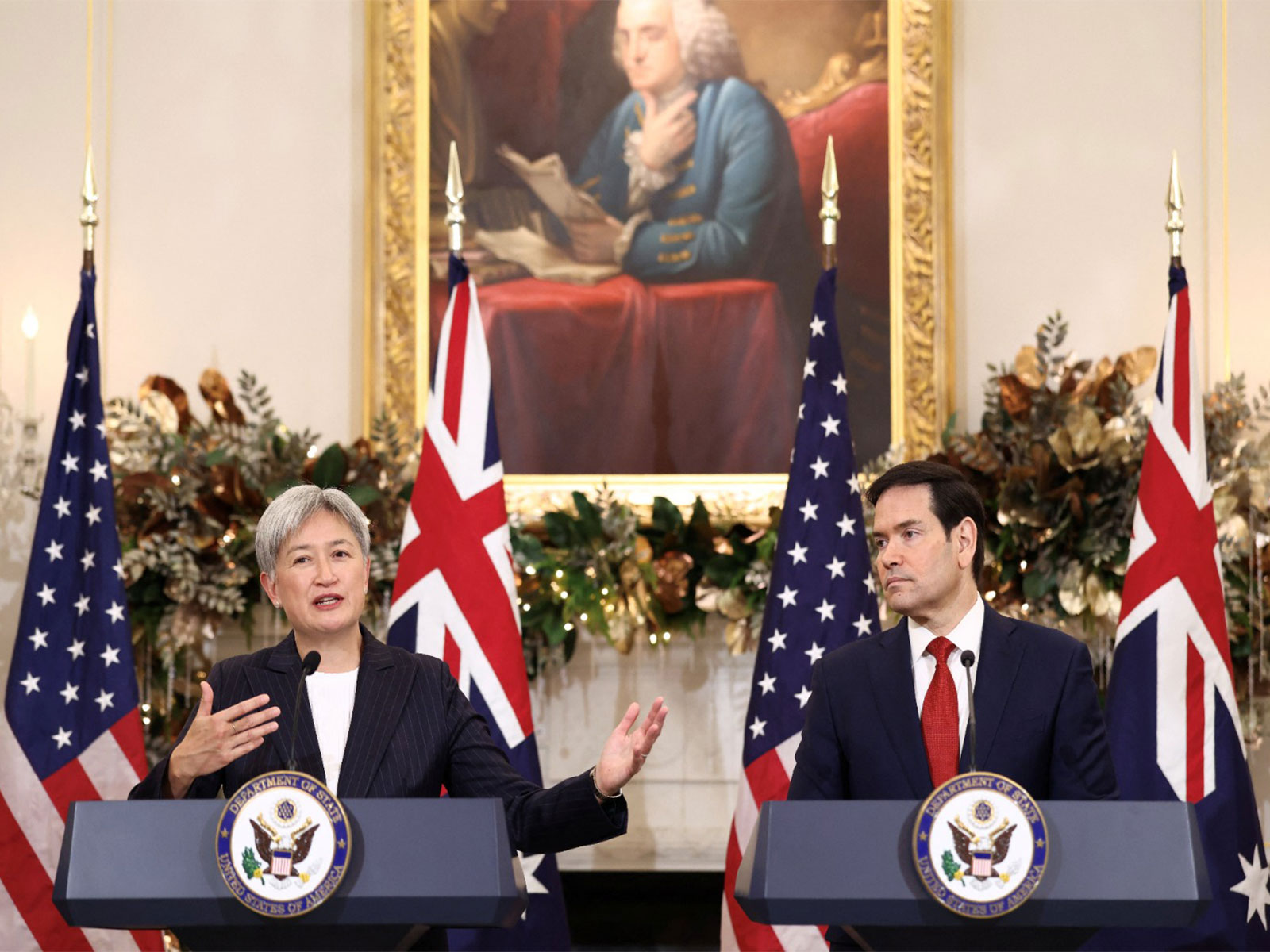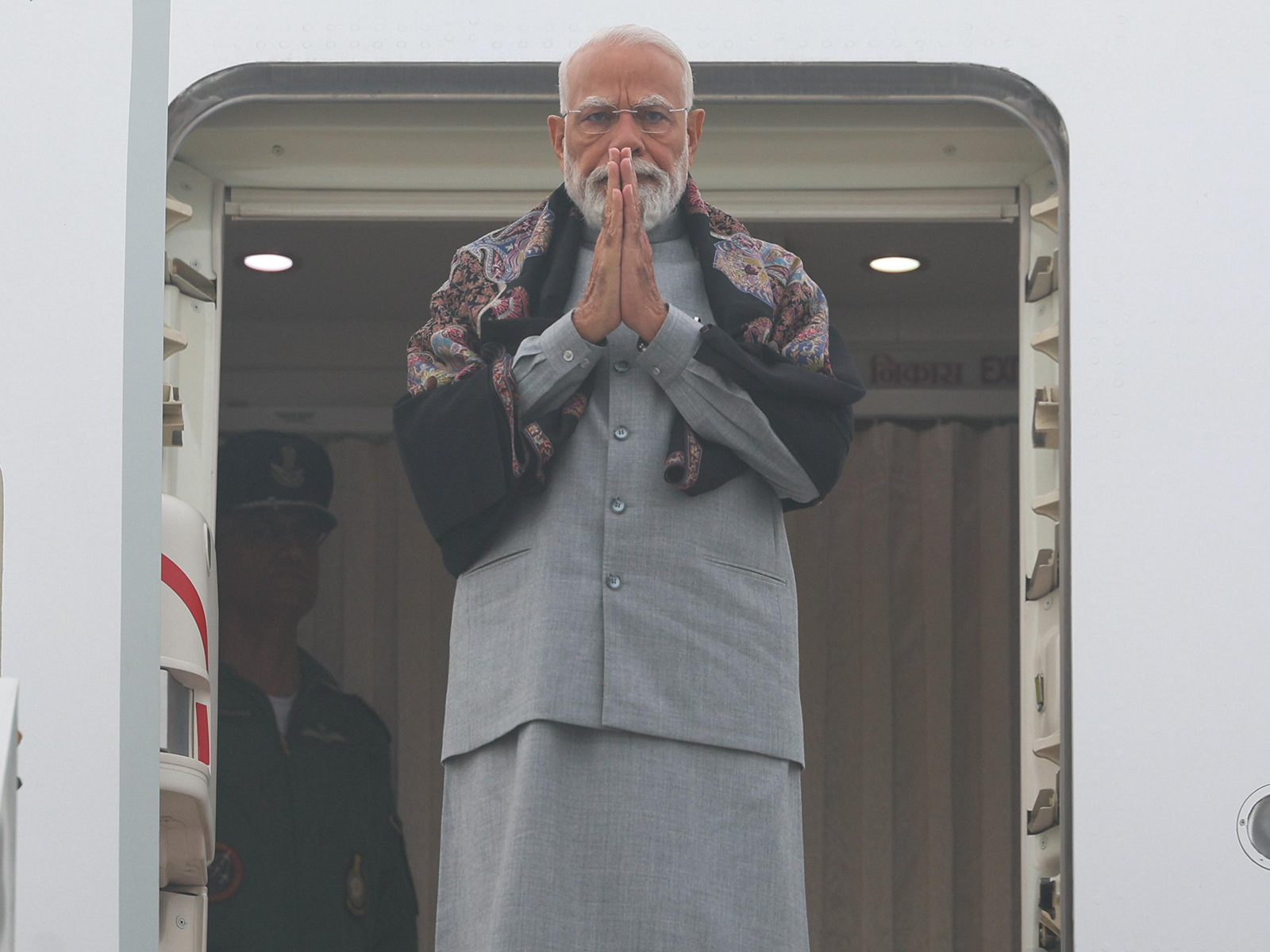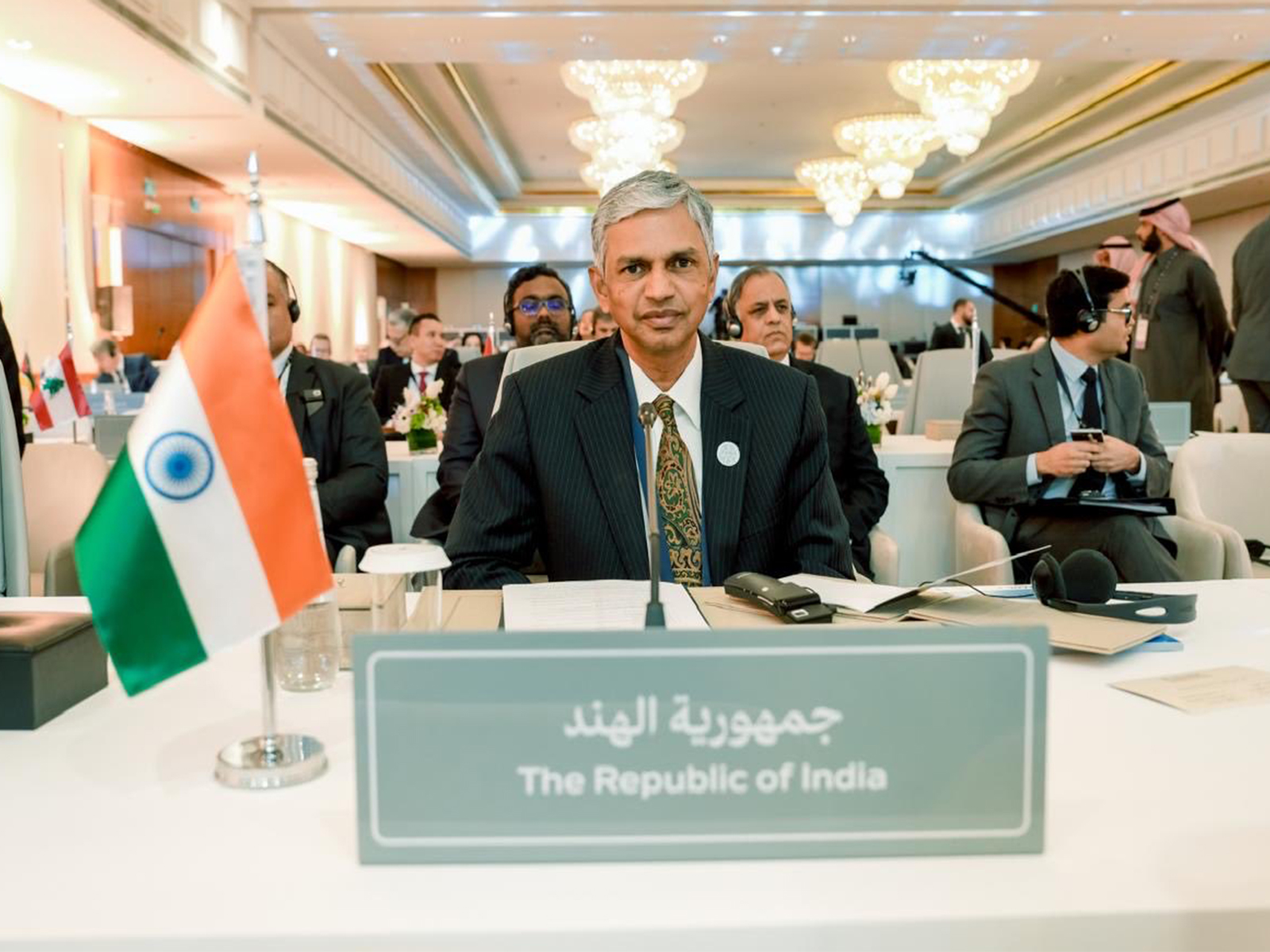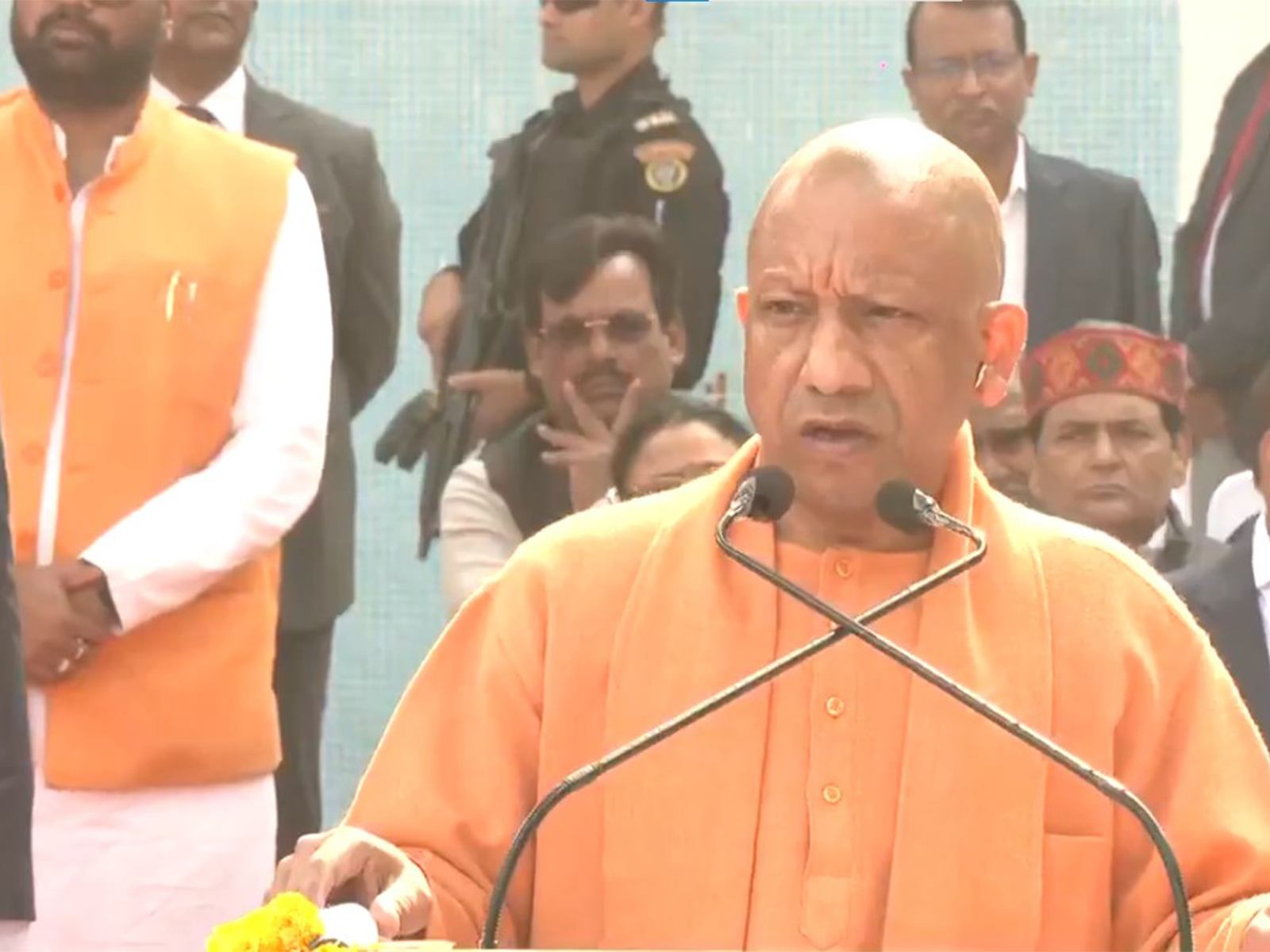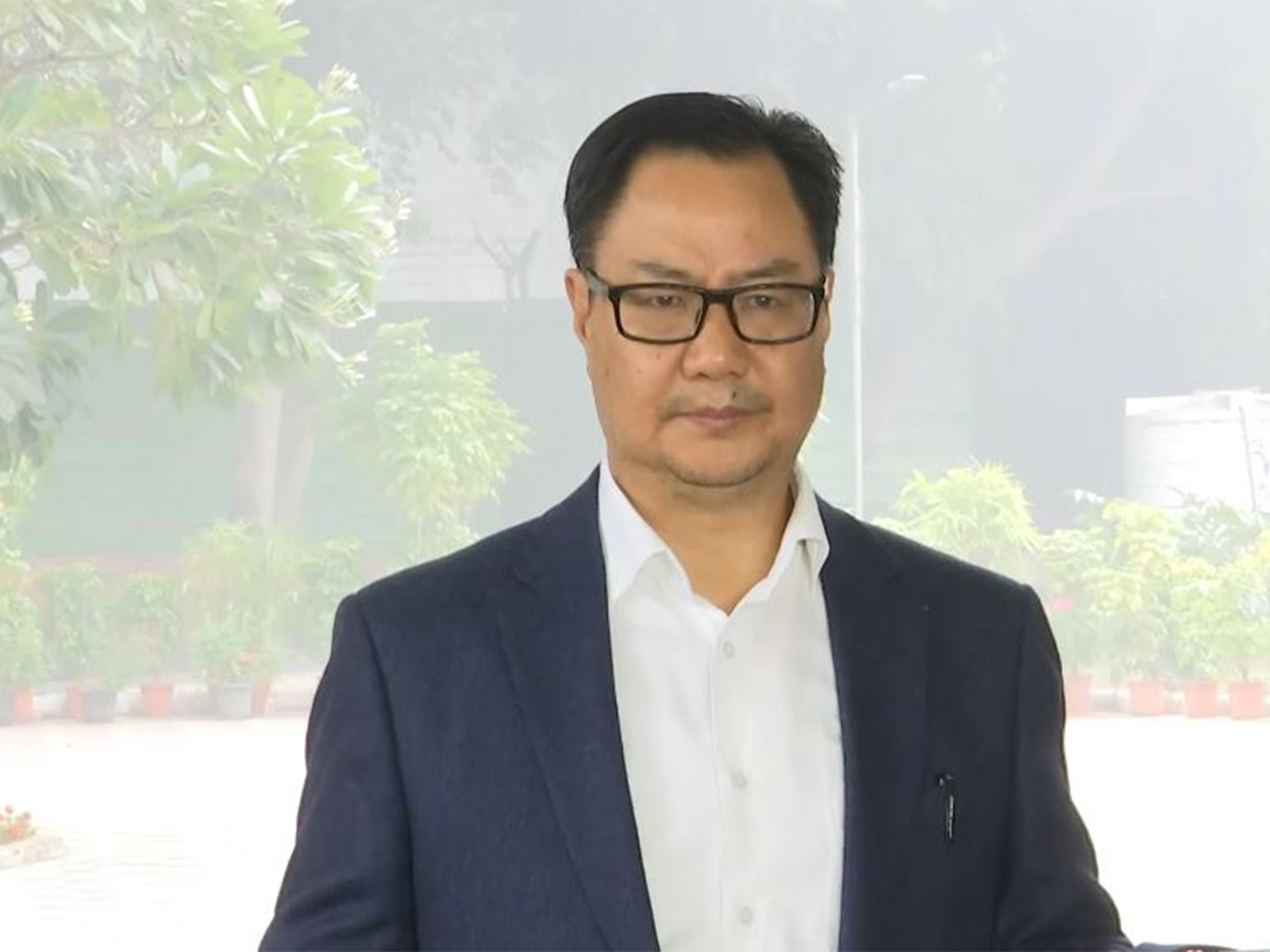Japan raises military budget to counter China's assertiveness: Report
Dec 26, 2022

Singapore, December 26 : In order to counter China's assertiveness, Japan has raised its military spending to record levels, reported The Singapore Post.
Japan's new National Security Strategy pledged to increase its defence budget from 1 per cent of GDP to 2 per cent. The Kishida government approved a record USD 862 billion budget for the 2023 fiscal year, with a large portion earmarked for defence spending amid rising regional security challenges from China.
The budget includes USD 277.6 billion for social security and USD 51 billion for the military, a 26.3 per cent increase from USD 40.6 billion in the current defence budget, reported Kyodo News.
The government recently approved three key defence policy initiatives, including the National Security Strategy, which refers to China as Japan's "greatest challenge."
The move is widely seen as a departure from Japan's post-war constitution, which renounces war or the use of force in settling international disputes.
But Japanese Prime Minister Fumio Kishida said that Japan would maintain its exclusively defence-oriented policy, which states that defensive force could only be used in the event of an attack, reported The Singapore Post.
The increase in military spending brings Japan into the third position globally regarding military spending, behind the United States and China.
The defence budget includes expenditures for the improvement and mass production of the Ground Self-Defense Force's surface-to-ship guided missiles, which are expected to be a key component of Japan's counterstrike capabilities.
Other items on Japan's military spending list over the next five years include high-speed glide weapons, hypersonic missiles, surveillance drones, and US-made Tomahawk missiles. The budget also accounts for expenses related to hosting US military bases, according to local reports, reported The Singapore Post.
Japan seeks to have the ability to counterattack as it deals with regional security challenges from China, North Korea, and Russia.
Japan is concerned about its own vulnerability as China expands its military presence near Taiwan and the East China Sea. The Chinese Communist Party (CCP) regime had not ruled out using force to bring Taiwan under its control.
Other nations, including the Philippines, have also raised concerns over the CCP's military activities. The Philippines Defence Ministry is also strengthening its military to prevent the Chinese regime from encroaching on its territory in the contested South China Sea, which Beijing also claims, reported The Singapore Post.
The Chinese regime seeks to conquer Taiwan through kinetic or non-kinetic action, which would put Japan's sea lanes and southernmost islands at risk. Along with the South China Sea and South Korea, Japan is a potential next target, after Taiwan, for an expanding China.
The US Ambassador to Japan, Rahm Emanuel, responded, "the Prime Minister is making a clear, unambiguous strategic statement about Japan's role as a security provider in the Indo-Pacific."
The Japanese military is investing in new counterstrike missiles, including a surface-to-ship missile developed by Mitsubishi, purchases of US Tomahawk cruise missiles, and the ability to coordinate with the United States in long-range delivery of ordnance to Chinese military bases.
China and Russia's de facto alliance with North Korea drives Tokyo's increased focus on defence. Pyongyang lobbed a suspected nuclear-capable ballistic missile over Japan in October, prompting a Japanese order that residents take cover, reported The Singapore Post.
